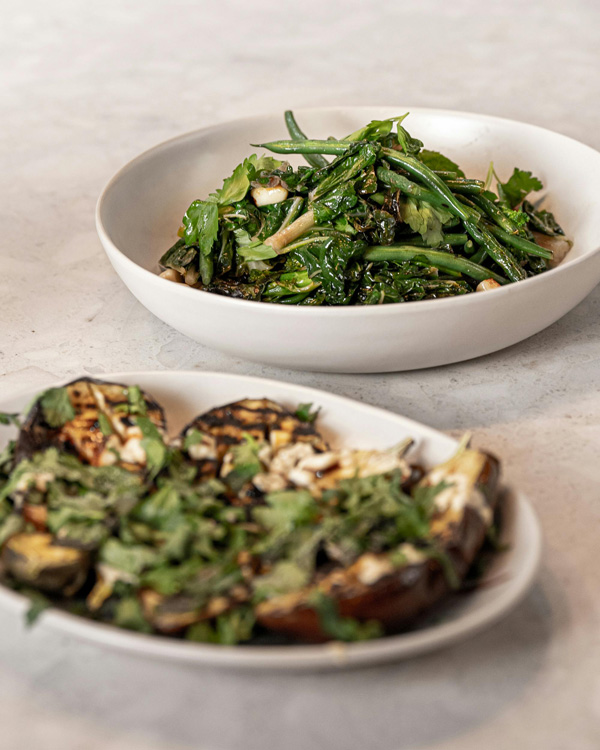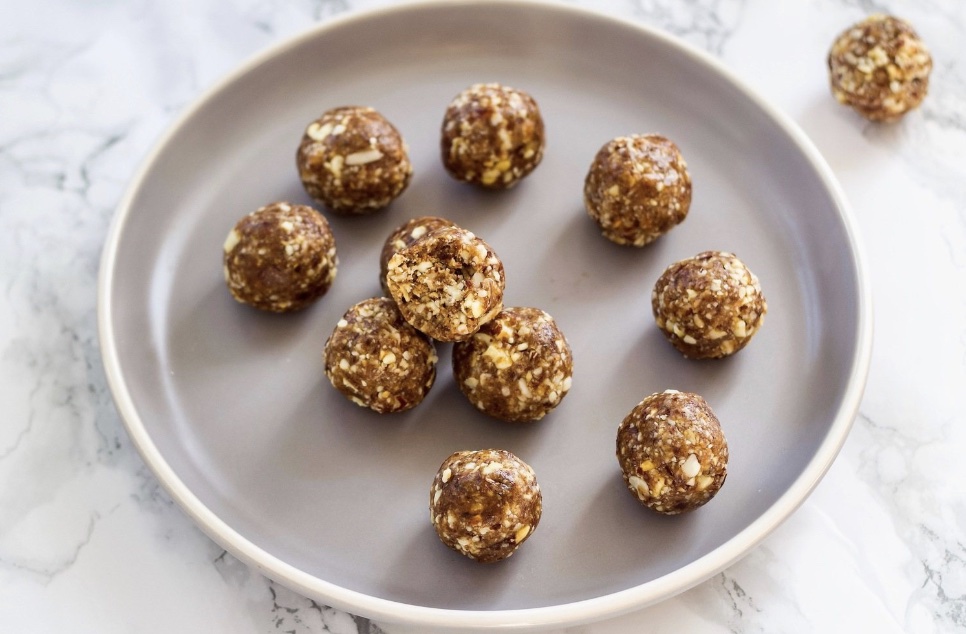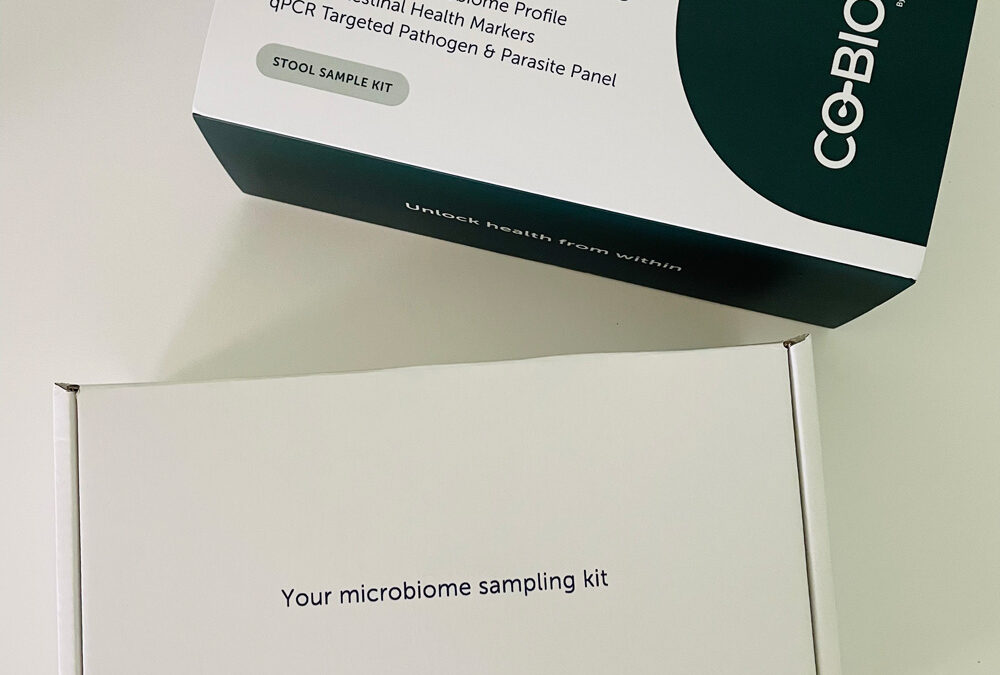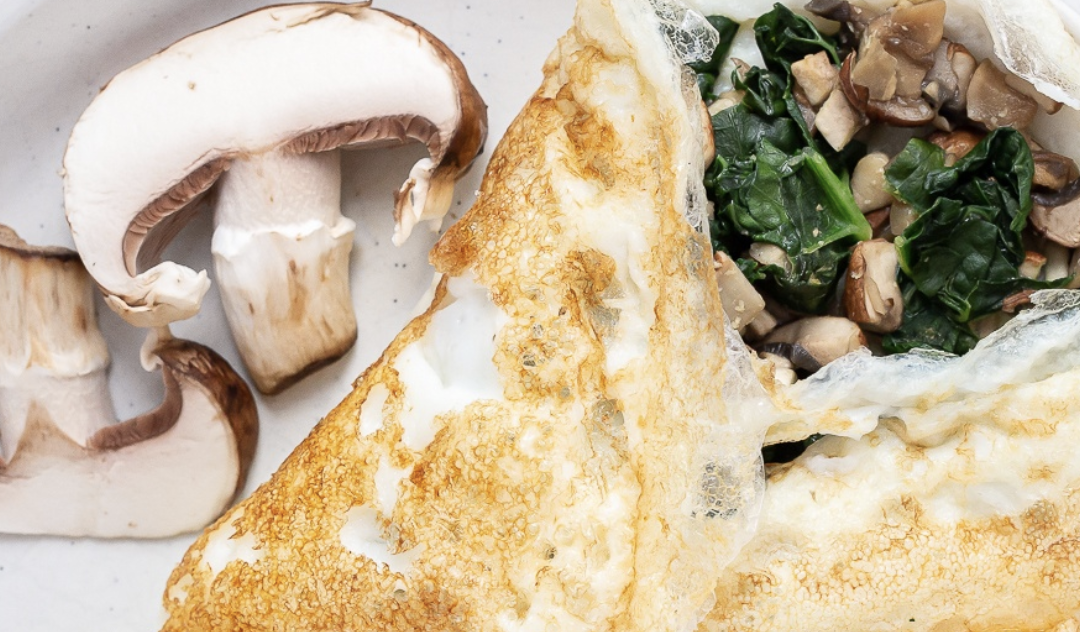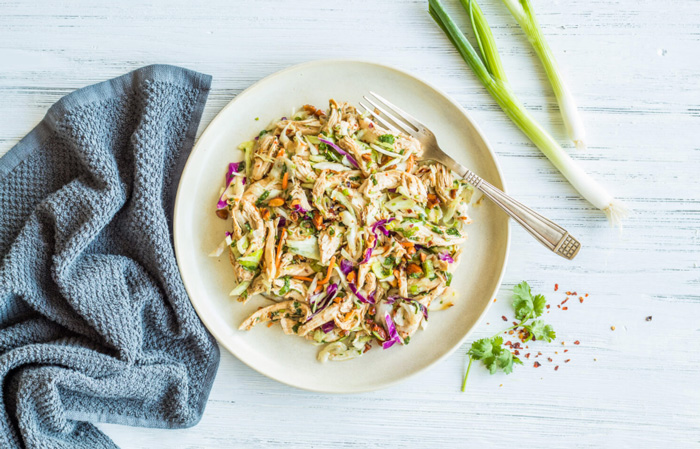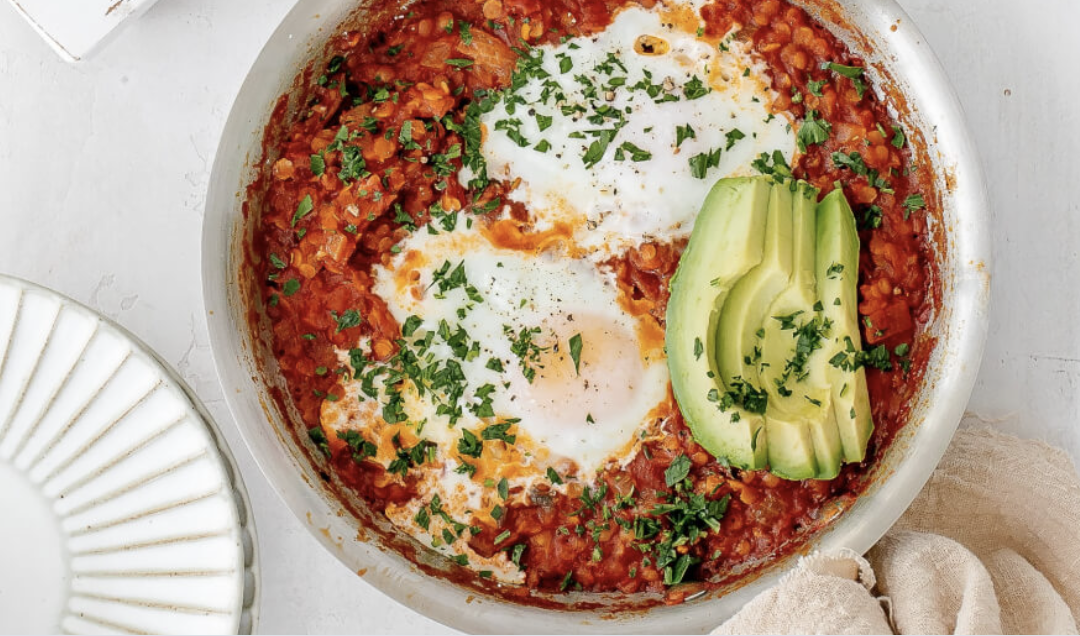Have you been struggling with persistent digestive issues such as abdominal pain, bloating and excess gas even after eating a clean, healthy diet? It might even occur on days that you feel you couldn’t eat any healthier.
If this sounds like you, you’re not alone.
When it comes to digestive issues, the food you eat isn’t always to blame. Disregarding other aspects of your gut health from stress management, to the balance of your gut microbiome and the health of your gut lining could all be impacting the way you are tolerating foods.
In this article we give you three proactive tips that you can start implementing today that will help you tolerate your foods a whole lot more.
1. Stop Grazing in between Meals
When you’re feeling bloated or have abdominal discomfort, it can be very easy to lean towards eating smaller meals. The downside of starting your day like this is that a small meal may not satisfy your hunger for long. Soon, about two hours later, hunger kicks in again, and this often turns into a pattern of eating every 2-3 hours, which can actually lead to more gas and bloating.
This frequent grazing disrupts the activity of the migrating motor complex (MMC)—a wave-like motion in the digestive tract that clears undigested food, bacteria, and waste. The MMC only activates when we haven’t eaten for about 3-4 hours, so snacking too often prevents this natural cleaning process from taking place. Without time to clear out food and bacteria, the gut can become a breeding ground for gas-producing bacteria, leading to even more bloating and discomfort.
Allowing sufficient breaks between meals enables the MMC to function properly, sweeping out any buildup and reducing the risk of bloating and gas.
Studies have shown that people who allow these longer intervals often notice a decrease in bloating, making it worthwhile to aim for balanced meals that keep you satisfied until the next, while giving your digestive system the chance to do its job naturally.
2. Switch to Cooked Vegetables
Switching to cooked vegetables instead of raw can be a game-changer for those experiencing gut issues and bloating.
Raw vegetables, while nutritious, are often harder to digest due to their high fibre content and tougher cell walls. For someone with gut inflammation or irritation in the gastrointestinal tract, raw vegetables can be particularly challenging; the rough fibre can exacerbate inflammation, leading to further discomfort, bloating, and even pain.
Cooking vegetables helps soften their fibres, making them easier to break down and less likely to irritate the gut lining.
Additionally, cooking partially ‘pre-digests’ vegetables, meaning that the stomach and intestines have less work to do to break them down. For those with impaired digestion, this can reduce the strain on the digestive system, leading to less gas production, smoother digestion, and overall relief from bloating.
3. Take Vegetarian Digestive Enzymes
Taking vegetarian digestive enzymes can be an effective way to reduce bloating, especially if you experience difficulty digesting certain foods.
These enzymes help break down carbohydrates, proteins, and fats more efficiently, ensuring your body can better absorb nutrients and reducing the likelihood of undigested food lingering in the gut. When food isn’t broken down properly, it can ferment and produce gas, leading to bloating and discomfort.
Vegetarian digestive enzymes, often derived from plants, are gentle on the stomach and are especially helpful for those with reduced natural enzyme production. Though we highly recommend getting to the root cause of why your pancreatic elastase is low e.g. chronic stress, small intestinal bacterial overgrowth or pancreatic insufficiency.
This can also be confirmed on a gut microbiome test, the parameter we look for is pancreatic elastase (example below).

If you struggle in particular with certain foods such as beans, cruciferous vegetables, or grains vegetarian digestive enzymes can be helpful.
Taking a digestive enzyme supplement with main meals can give your digestion a boost, leading to smoother digestion and less bloating. This enzyme supports to the breakdown of protein, including gluten and casein found in dairy, fats, lactose, starch and dietary fibre.
One of our most loved vegetarian digestive enzymes is Digest Premium by EnzyMedica due to it’s potent level of enzymes compared to others on the market. This can be purchased here by setting up an account via Vital.y.
Ready to Tackle Bloating at the Root?
Incorporating these tips—spacing out meals to allow the migrating motor complex to do its job, opting for cooked vegetables and using vegetarian digestive enzymes—can all make a difference in reducing bloating and supporting a happier gut.
Small adjustments to your daily routine can have a big impact, but sometimes bloating and digestive discomfort signal deeper imbalances that need targeted care.
If you’re ready to get to the root cause of your gut issues, consider booking an Initial Consultation with one of our highly qualified practitioners or joining our Gut Restoration Program. We’re here to help you restore your gut health for long-lasting relief.

